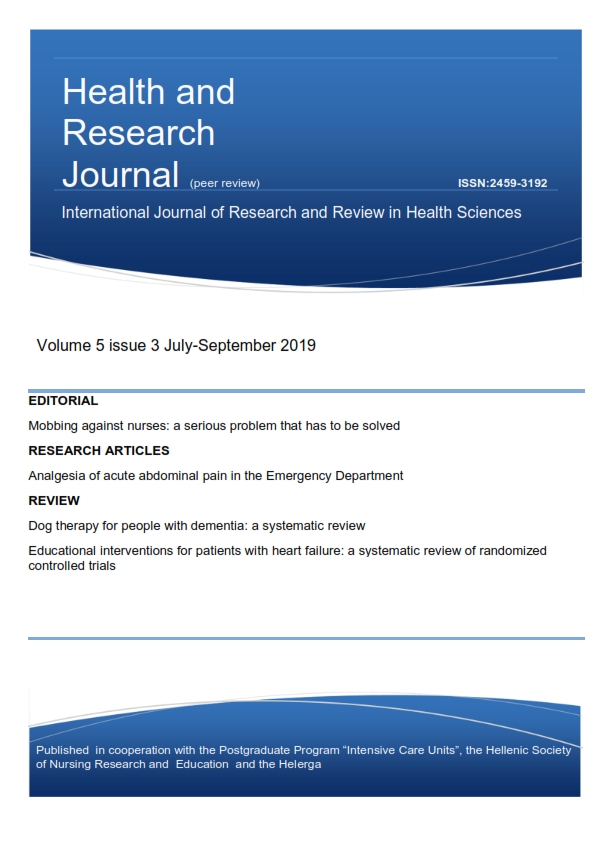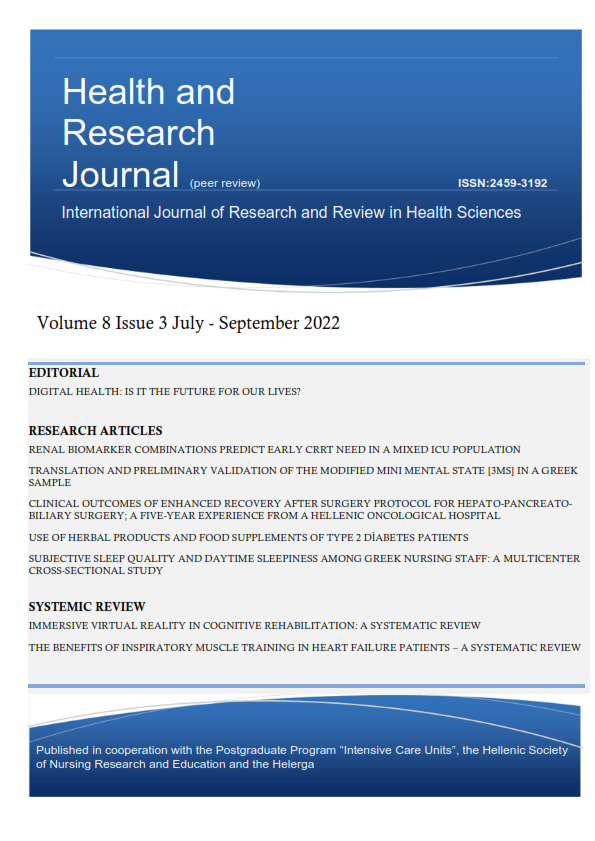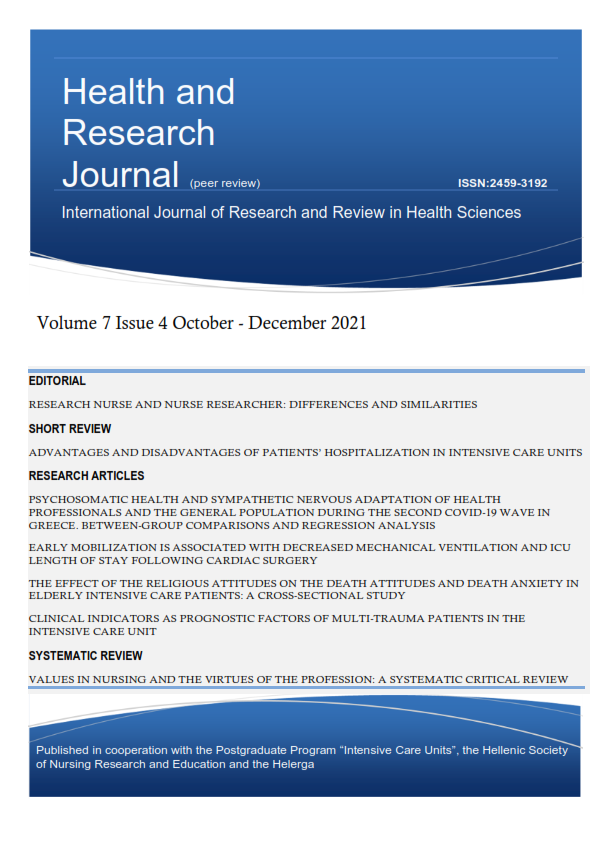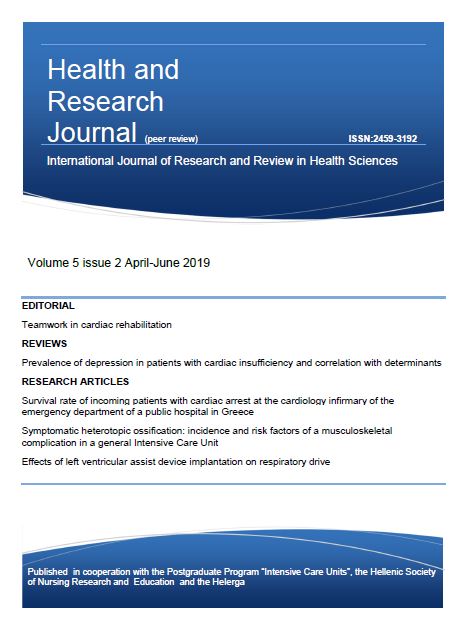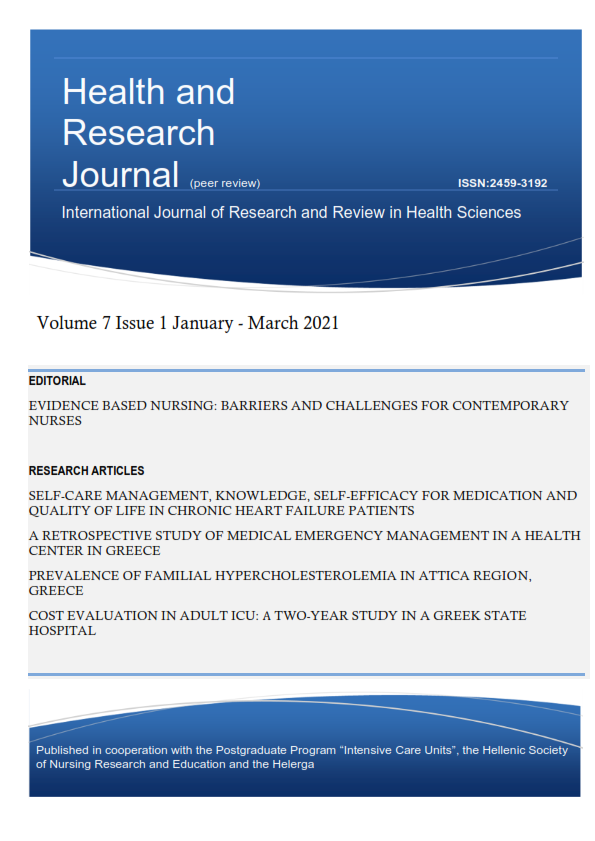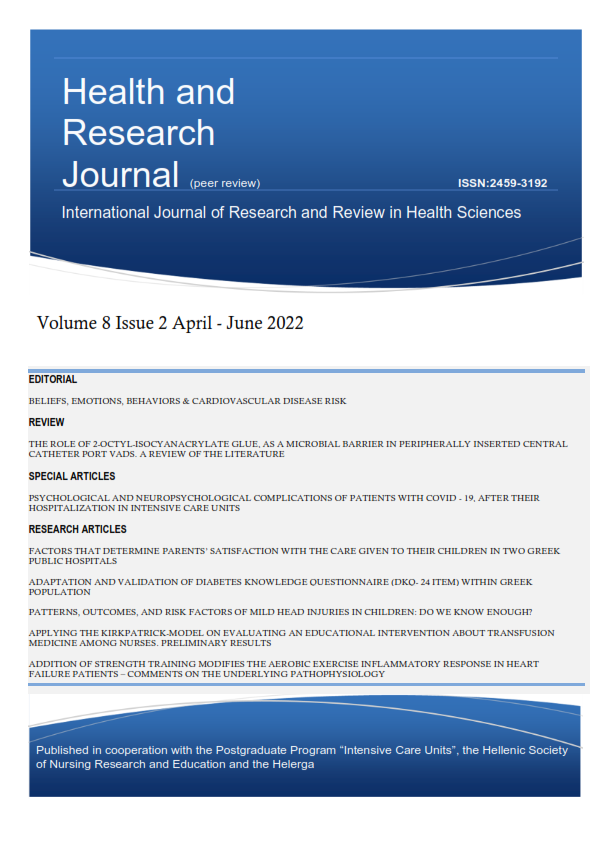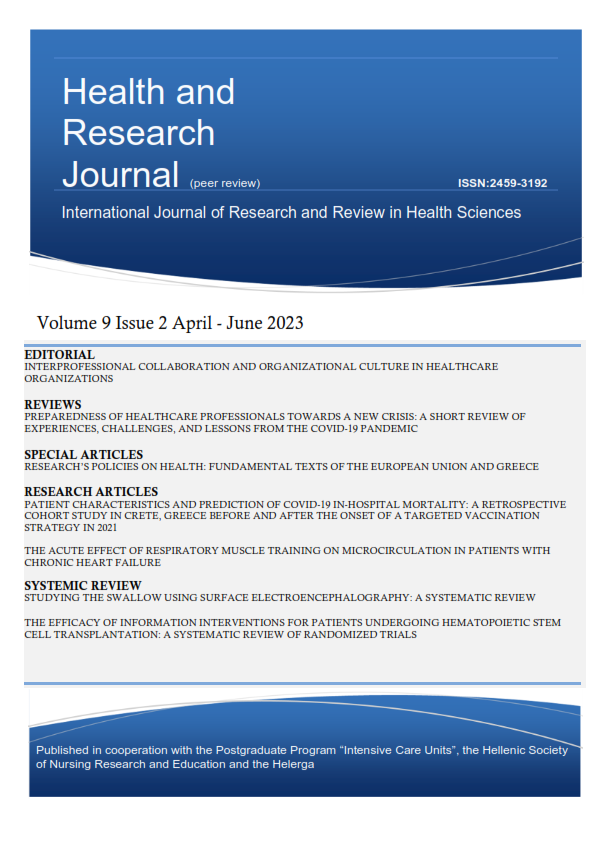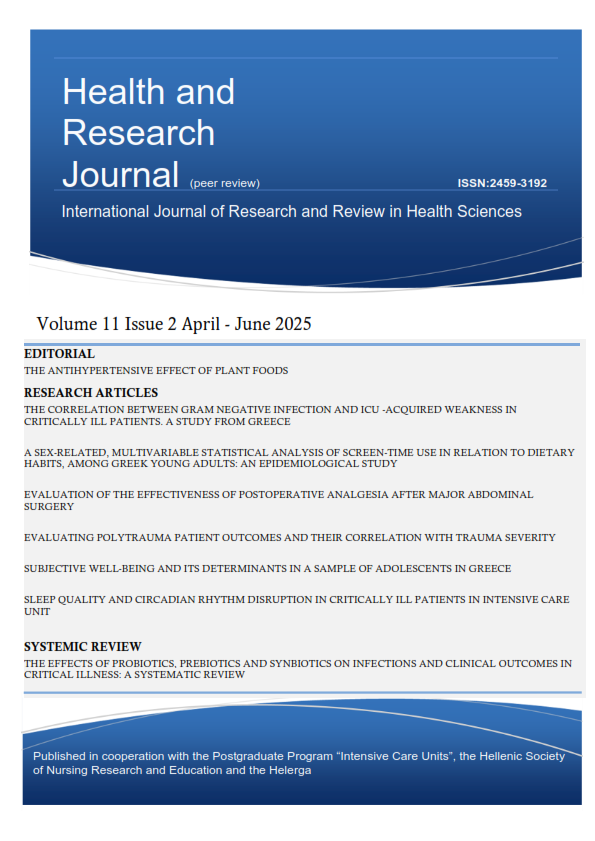Effects of cognitive behavioral therapy on depression, anxiety, sleep and quality of life for patients with heart failure and coronary heart disease. a systematic review of clinical trials 2010 – 2020
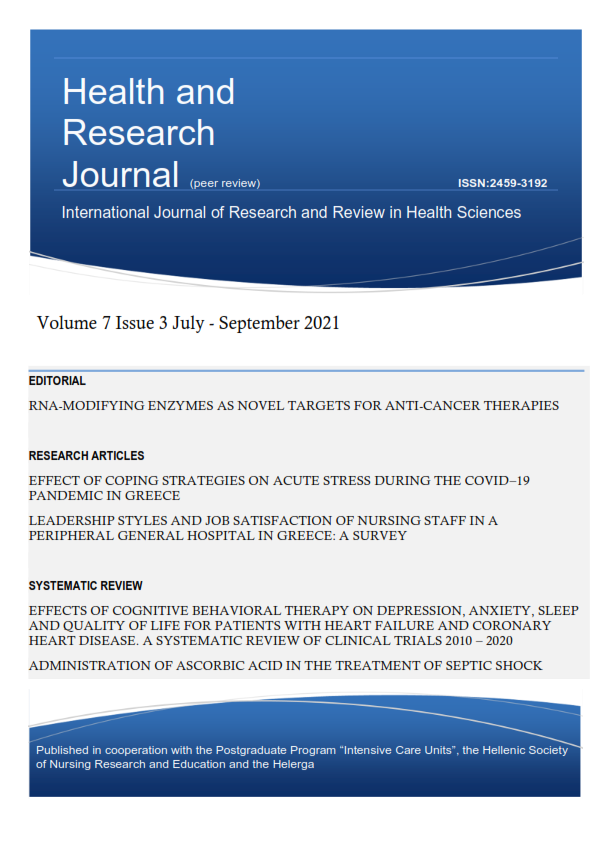
Abstract
Background: There is a growning evidence that CBT (Cognitive Behavioral Therapy) improves mental health of patients with chronic illnesses but its effectiveness is not well established in patients with heart diseases. The present systematic review was conducted to evaluate the effects of CBT in heart failure (HF) and coronary heart disease (CHD) patients.
Methods: Pubmed, Cohraine and Google Scholar were searched for studies with randomized controlled trials. Studies were required to assess the effectiveness of CBT in depression, anxiety, sleep and quality of life of patients suffering from heart failure and coronary heart disease. SStudies identified were independently screened by two reviewers and critically appraised using the PedroScale.
Results: Sixteen randomized controlled trials were included in the review. The majority of the studies indicated that CBT therapy was effective treatment for reducing depression and anxiety and can also be beneficial for sleeping disorders and improve quality of life of patients with heart failure and coronary heart disease. Althought face to face CBT therapy seems to be clinicaly effective, internet-based CBT therapy was not superior to a guided web-based discussion forum.
Conclusions: CBT can improve psychological health and quality of life of cardiac patients and further enhance benefits of rehabilitation programs. Findings suggest that face-to-face CBT is superior to usual care and it can be incorporated in cardiac rehabilitations programs. Future studies are needed to identify the effectiveness of internet-based CBT on cardiac patients and address the factors that will increase treatment adherence.
Article Details
- How to Cite
-
Pizga, A., Kordoutis, P., Tsikrika, S., Vasileiadis, I., Nanas, S., & Karatzanos, E. (2021). Effects of cognitive behavioral therapy on depression, anxiety, sleep and quality of life for patients with heart failure and coronary heart disease. a systematic review of clinical trials 2010 – 2020. Health & Research Journal, 7(3), 123–141. https://doi.org/10.12681/healthresj.27572
- Section
- Systematic Reviews
Copyright notice:
Authors retain copyright of their work and grant the Health and Research Journal the right of first publication.
License:
Articles are published under the Creative Commons Attribution 4.0 International License (CC BY 4.0). This license permits use, sharing, adaptation, distribution, and reproduction in any medium or format, including for commercial purposes, provided that appropriate credit is given to the author(s) and the original publication in this journal, a link to the license is provided, and any changes are indicated.
Attribution requirement:
Any reuse must include the article citation and DOI (where available), and indicate if changes were made.



